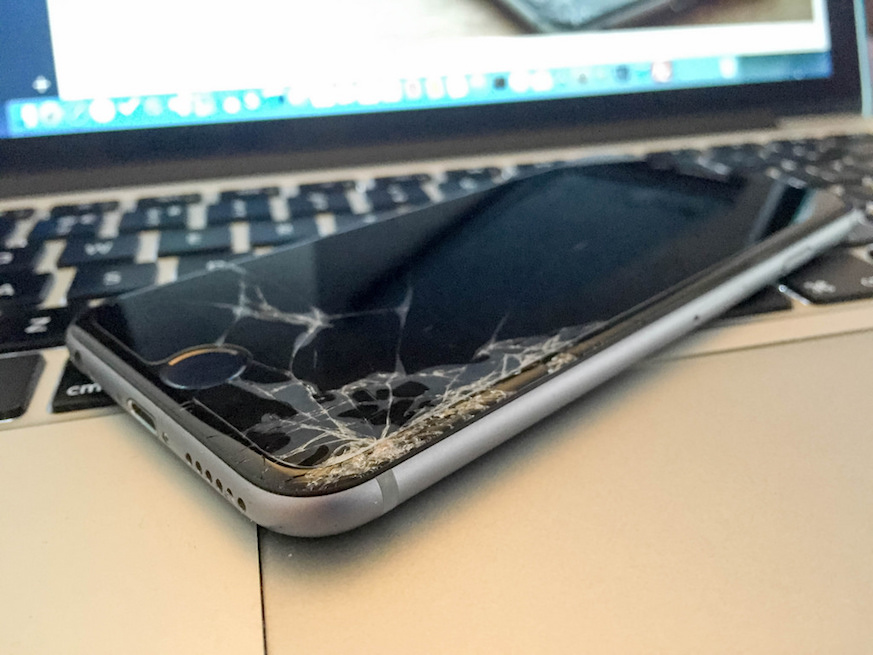As it now stands, two options exist if your smartphone, tablet or other digital device breaks: pay hundreds of dollars for a new one, or pay hundreds of dollars to get the existing one repaired by the manufacturer.
Among its features, Apple’s iPhone 7 includes one that prevents a consumer from making their own repairs to the home button or other parts, which in previous iPhone generations, could be be fixed at independent repair shops. Independent shops also have limited-to-no access to replacement parts for other products, including MacBooks. Other device makers also withhold information about how their products work so that users can only have them serviced from the company.
But that kind of effort runs counter to the consumer’s best interests, say advocates of so-called “Right to Repair” laws that have been introduced in eight states, including Massachusetts. The legislation would require Apple, Samsung and others to make available any information or specific parts — like a chip that contains the company’s software — needed to repair the device. That means instead of only being able to go to Apple, a consumer can bring their product to any qualified technician, who could use the instructions and obtain the parts needed to fix the problem.
Gay Gordon Byrne, executive director of the digital advocacy nonprofit Repair Association, said Apple’s insistence that no one else be allowed to fix its devices creates a monopoly and makes “the repairs so expensive that the incentive is to buy a new one, always.”
The Massachusetts bill, which has been referred to the committee on Consumer Protection and Professional Licensure, is scheduled to be heard in the fall. Similar legislation is being debated in New York, Nebraska, Minnesota, Kansas, Wyoming, Illinois and Tennessee.
Apple did not respond to a request for comment, but has pushed back on the Right to Repair bills. In February, Vice’s Motherboard quoted a source that said “an Apple representative, staffer or lobbyist will testify against the bill” at a hearing in Nebraska, arguing that if consumers tried to repair their own phones, it could cause the lithium battery to catch fire.
These kinds of law wouldn’t just apply to smartphones. In Europe, the average life of a refrigerator plummeted from 14 years to five years, Byrne said. “It has nothing to do with the compressors. It has everything to do with the electronics.” But, she added, if you “could fix your stuff, and you could fix it reasonably, you can keep it for longer.”
“That’s where it really stings the consumer,” she said. “We wind up throwing stuff away that we might prefer to fix. We don’t have the option anymore.”
Years ago, an internal diagram of the device or a service manual was included with the purchased item, she said.
“Manufactures stopped doing [that] because it’s to their financial advantage to not do it,” Byrne said.
Massachusetts was first on the “Right to Repair” law for cars
Massachusetts paved the way in consumer protection with a previous “Right to Repair” law in 2012, which focused on vehicle fixes. Before that law, car manufactures were the only ones that had all the information needed to make repairs, creating a monopoly.
Once passed, the law allowed individual car owners and independent repair shops to have the same information, meaning they could make the same repairs. That law quickly spread to all over 50 states.
“Once Massachusetts passes this [digital right to repair law], it will probably have the same viral take-up by other states,” said Gay Gordon Byrne the Repair Association. “This is huge for consumer rights.”


















